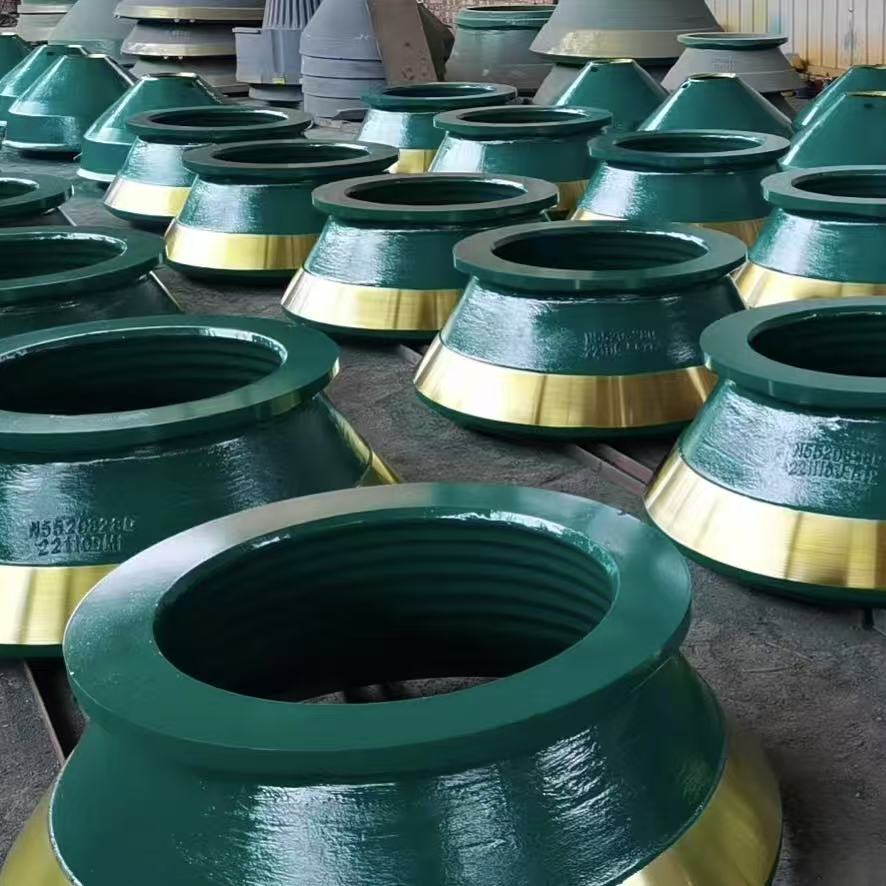 Call Us:+86 186 5551 2307
Call Us:+86 186 5551 2307 Mail Us:info@onaie.cn
Mail Us:info@onaie.cn
 Call Us:+86 186 5551 2307
Call Us:+86 186 5551 2307 Mail Us:info@onaie.cn
Mail Us:info@onaie.cn
Spring, which can used in jaw crusher, cone crusher, impact crusher, etc... We also accept customized spring, you can share the drawing with us to get price!
Item No :
C63, C80, C95, C96, C100, C106, C110, C120, C125, C130, C140, C145, C150, C160, C200Payment :
TTProduct Origin :
ChinaColor :
CustomizedShipping Port :
ShanghaiLead Time :
20-30 daysOrder(MOQ) :
1How can i find the correct part?
1. Crusher Model
Model Number: Provide the exact model number of your jaw crusher (e.g., Metso C110, C116, C130, etc.). This ensures that the springs are compatible with your specific crusher.
Serial Number: You can take a photo of your machine nameplate for us.
2. Spring Specifications
Part Number: If you know the part number of the springs currently in use (e.g., 914637 for C116/LT116 model), provide this information or part book with install location.
Spring Dimensions: Provide the dimensions of the springs, including length, diameter, and circles. We can produce with entire dimensions too.
3. Additional Requirements
Custom Features: If you require any custom features, such as special coatings or materials for corrosion resistance, specify these requirements.
Example of Information to Provide
For a C116/LT116 model Metso jaw crusher:
Model Number: C116/LT116
Part Number: 914637
Spring processing generally involves several steps:
Material selection: The first step is to select the appropriate material based on the intended use of the spring, taking into account factors such as strength, durability, and corrosion resistance.
Wire forming: The selected material is then formed into coils using specialized machines or equipment. The wire diameter and coil diameter are determined based on the desired size and characteristics of the spring.
Heat treatment: The formed coils undergo a heat treatment process to enhance their mechanical properties. This typically involves heating the coils to a specific temperature and then rapidly cooling them to achieve the desired hardness, elasticity, and toughness.
Coiling: The heat-treated coils are then coiled into the desired shape. Depending on the application, the springs may be cylindrical, conical, or other custom shapes.
End treatment: The ends of the spring are often finished or treated to provide specific properties. Common end treatments include grinding, bending, forming loops, or adding hooks or other connection points.
Surface treatment: In some cases, the spring may require surface treatment to improve its appearance, corrosion resistance, or other functional characteristics. This may involve processes such as electroplating, painting, or coating.
Quality Control: Throughout the process, quality control measures are implemented to ensure that the springs meet the required specifications. These measures include dimensional inspection, load testing, fatigue testing, and visual inspection.
Our hours
Mon 11/21 - Wed 11/23: 9 AM - 8 PM
Thu 11/24: closed - Happy Thanksgiving!
Fri 11/25: 8 AM - 10 PM
Sat 11/26 - Sun 11/27: 10 AM - 9 PM
(all hours are Eastern Time)